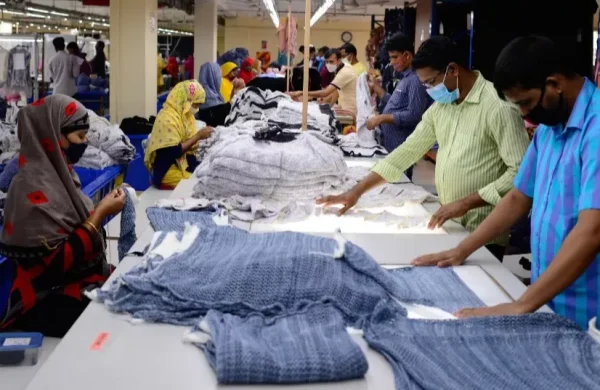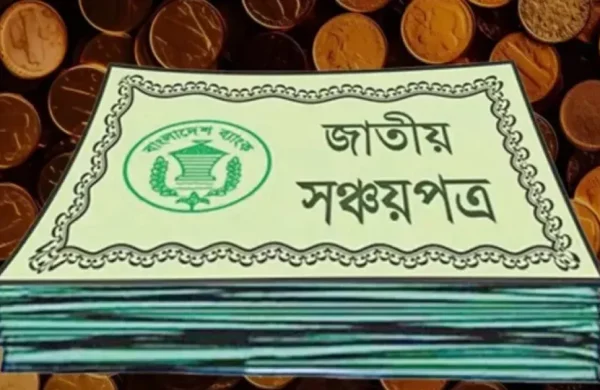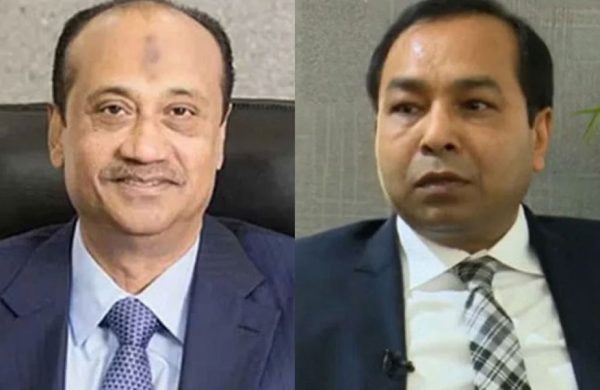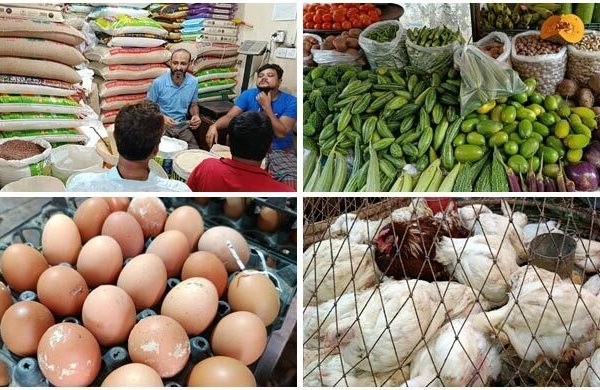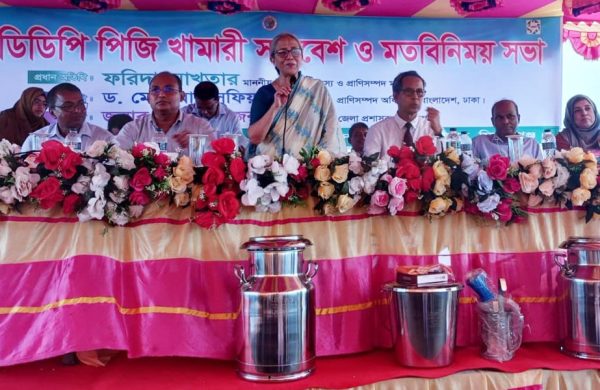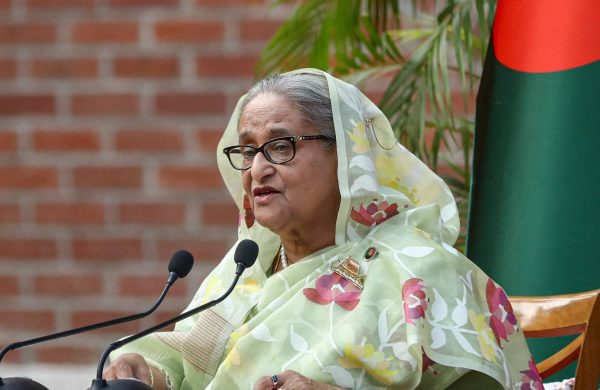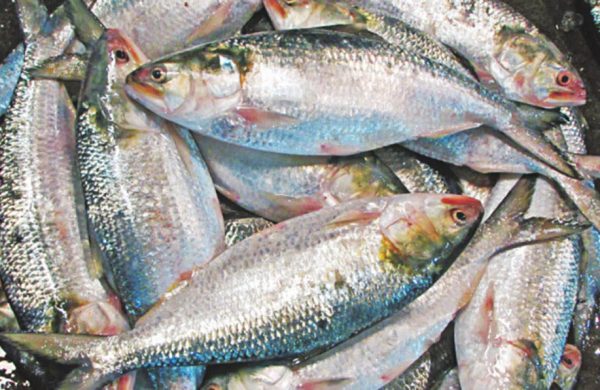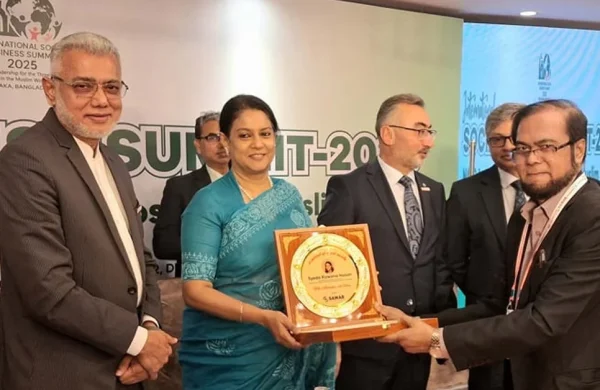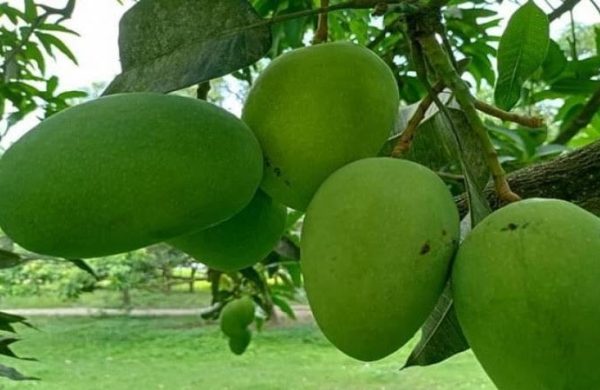Tax-free income limit unchanged or reduced!
- Update Time : Monday, June 10, 2024

TDS Desk:
The proposed budget for fiscal 2024-25 will significantly increase tax burden on everyday goods and services, which in turn will drive up the living cost. In this situation, many expected an expansion of the tax-free income limit to provide as much relief to the people with fixed incomes as possible.
However, quite the opposite measures have been observed in the budget proposed for the next fiscal, where the tax-free income limit remains unchanged, while corrupts – whose illegal gains heavily affect the low- and middle-income groups – get an opportunity to legitimise their illegal earnings.
When accounting for inflation, the tax-free income limit has effectively been reduced, argued a number of economists as well as experts.
Economists said the tax hikes were proposed to make feasible the ambitious revenue collection target set for the National Board of Revenue (NBR) in the next fiscal, but it is likely to further increase inflation.
Additionally, the increase in the value of the dollar has reduced people’s real income, shrinking their purchasing power. This, along with the increase in VAT rates on many products, will impact the market.
Inflation has exceeded 9% over the last two years, with a rate of 9.02% in FY23 and 9.73% so far in FY24. Therefore, adjusted for inflation, the tax-free income limit should have been Tk4,15,625, they said, adding that the unchanged tax-free income limit will increase the financial pressure on low-income individuals.
Dr Mohammad Abdur Razzaque, chairman of the Research and Policy Integration for Development (RAPID), told the reporters, “The real income of people has decreased due to continuous inflation above 9% in the last two years. Inflation has affected different people, especially the low-income individuals who experienced higher inflation on the products they use, to varying degrees.
“It would be better if the tax-free income limit were Tk4 lakh or above because people are already struggling due to the continuous high inflation.”
“It is difficult to run a family with a monthly salary of Tk25,000-30,000 as the inflation rate is very high. Therefore, the tax-free income limit should be revised,” added Dr Razzaque, who is also the research director of the Policy Research Institute (PRI).
Prof Mustafizur Rahman, distinguished fellow of the Centre for Policy Dialogue (CPD), said, “The tax-free income limit remains Tk3,50,000, the same as in the previous period. If we account for inflation, many low-income individuals who did not have to pay tax previously will now have to pay it.
“Low-income people are under significant pressure due to the sharp rise in prices over the last two years, as their incomes have not increased in line with inflation. Moreover, the prices of products that low-income people buy have increased by about 20%.”
Muhammad Abdul Majid, former chairman of National Board of Revenue (NBR), told the reporters, “To increase revenue, the economy first needs to be healthy.
A huge target would not be achievable without improving the economy. If you create a big budget based on this target, you will face a budget deficit later, which can put more pressure on the economy as the government will have to rely on debt to meet the deficit.”
The government has set Tk4.80 lakh crore revenue collection target for the National Board of Revenue (NBR).
An inflation target of 6% was set for the last fiscal year, but in reality, inflation was close to 10% almost every month. Inflation averaged 9.73% from July to May, but it is estimated to be 6.5% in the next fiscal year.
Experts say controlling inflation will become very difficult until economic conditions improve. Essential costs to jump
While the tax-free earnings limit is not raised, the costs of many essential products and services are expected to rise further due to taxes hiked in the next fiscal.
One essential service whose cost is expected to rise is mobile phone usage. Currently, a 15% VAT is charged for talk time and internet package purchases. This may increase by another 5%, resulting in higher costs for phone calls and internet usage.
For every mobile service worth Tk100, users currently spend Tk133.25. With implementation of the new proposal, this could increase to Tk139. The tax on buying a new SIM card may also rise from Tk200 to Tk300.
Prices for household items like LED lamps, tube lights, air conditioners (ACs), and water purifiers may also increase. VAT on LED lamps might rise from 5% to 10%. ACs, currently VAT-free, might face a 5% VAT at the manufacturing stage, and refrigerators may see a VAT increase from 5% to 10%.
Water purifiers, currently with a 1% import duty, could witness a 10% duty.
Moreover, duty on importing closed circuit (CC) cameras might also rise from 1% to 10%, and VAT on security services could rise from 10% to 15%. Import duties on elevators might also increase from 1% to 10%.



